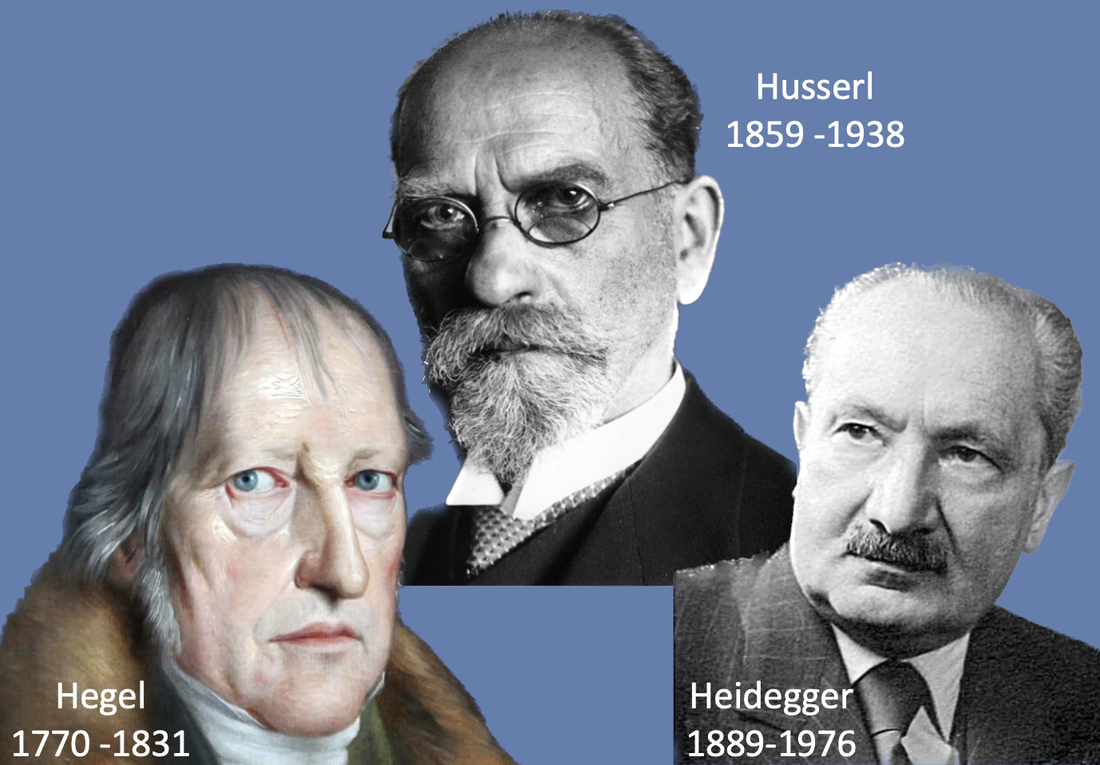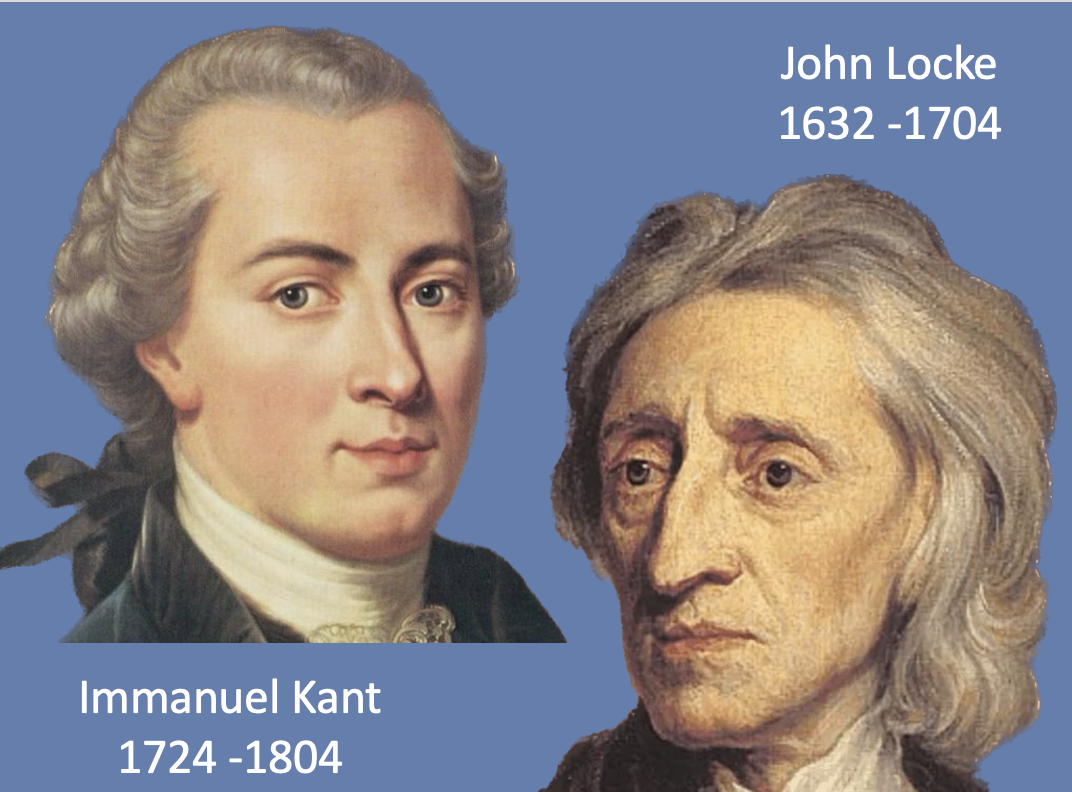The Roles Of PHENOMENOLOGY and epistemology
Fundamental to the development of goal-oriented decision making was ensuring that it was constructed on top of a strong foundation, both theoretical and philosophical. This resulted in a bidirectional search for support. One direction was tracing research back to its philosophical roots. In the other direction, there was moving forward from philosophy towards potential theories. The end result was the adoption of phenomenology and epistemology. Together, these provide a philosophical foundation from which we can understand goal-oriented decision making.
|
Husserl, Hegel, Heidegger
Arguably, phenomenology is the primary lens for the study of goal-oriented decision making. "To the things themselves," adopted from Husserl's 1900-1901 work 'Logical Investigations', is what informs our understanding. This means the study of how decision making is experienced is considered first and foremost. To this end, the works of Hegel, Husserl, and Heidegger played a role in the development of goal-oriented decision making. Locke and Kant
A secondary lens is one of epistemology. It is not only the study of decision making, but the study of how we learn to make decisions. With this in mind we consider John Locke's 'tabula rasa' or "blank slate". Locke argued for experience as the foundation of all knowledge. Kant criticized Locke and in his 'Critique of Pure Reason' pointed out that we are born with certain knowledge considered a priori. His work demonstrated forms of knowledge that come to outside of experience, e.g., the concept of infinity. |


